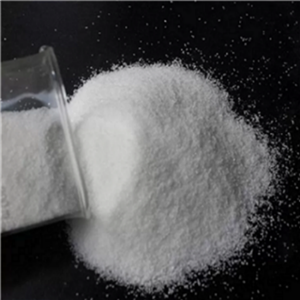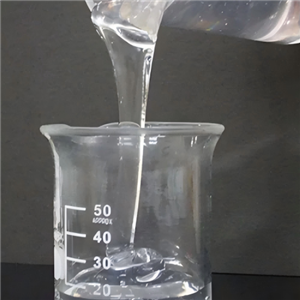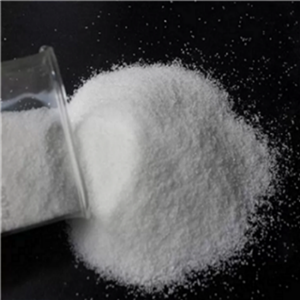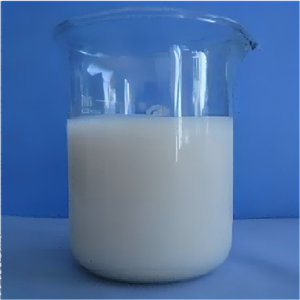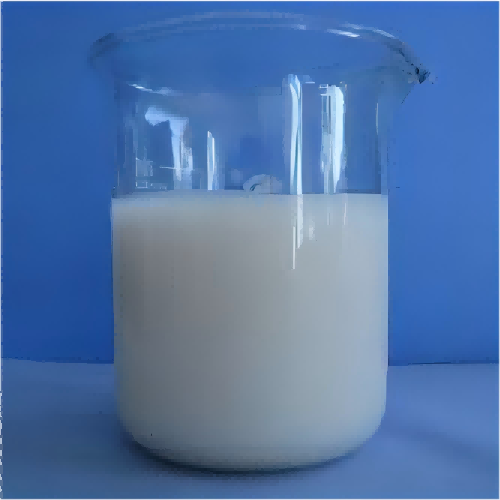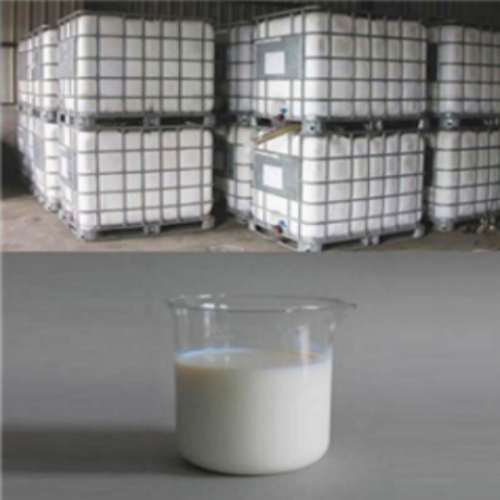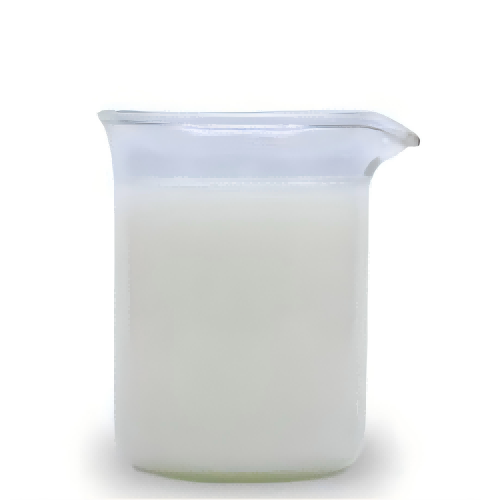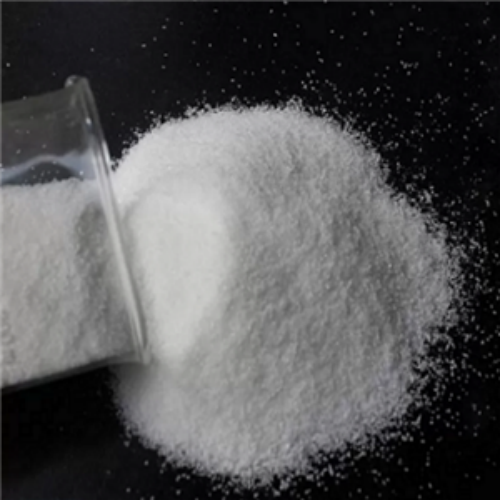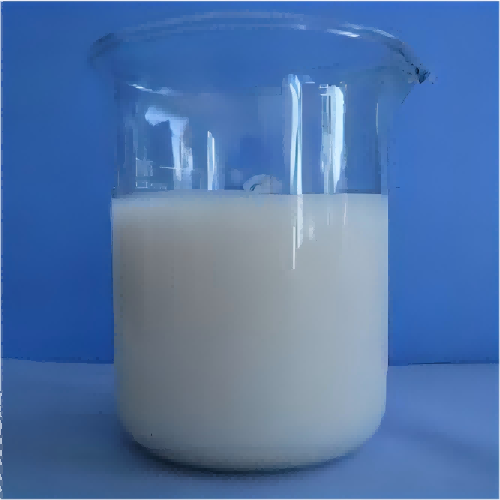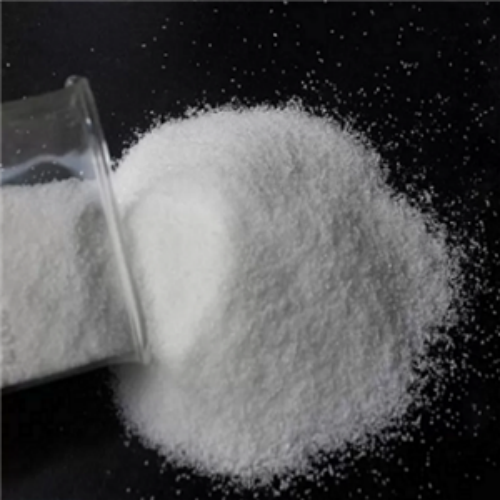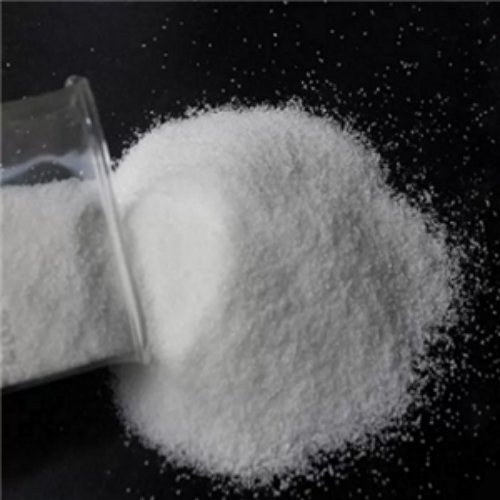
Anionic PAM Emulsionr For Wastewater Pretreatment
Brand Jiufang
Product origin Shenyang
Delivery time Lead time: 7days
Supply capacity 2000Metric Tons per Month
1.Every month our factory could produce 2000tons anionic PAM for wastewater.
2.PAM emulsion for wastewater is easily soluble in water.
3.To treat wastewater use PAM emulsion(polyacrylamide P3) is suitable for wastewater pretreatment.
Download
In sewage pretreatment, PAM emulsion for wastewater polyacrylamide has the following important roles:
1.Removing suspended solids Sewage usually contains a large amount of suspended solids, such as sediment, dust, organic particles, etc. Anionic emulsion polyacrylamide P3, through the effects of electrical neutralization and adsorption bridging, causes these suspended solids to coagulate into larger flocs, thereby accelerating their sedimentation and effectively removing suspended solids in the sewage and improving the clarity of the sewage. For example, in some industrial wastewater treatment, after treatment with anionic PAM for wastewater polyacrylamide P3, the originally turbid sewage can become clearer and the content of suspended solids is significantly reduced.
2. Removing colloidal substances Colloidal substances in sewage are difficult to naturally sediment due to their small particles and charges. Anionic emulsion for wastewater polyacrylamide P3 can interact with colloidal particles, neutralize their surface charges, destroy the stability of the colloids and make them aggregate into larger particles, thereby achieving the removal of colloidal substances. For instance, in the treatment of printing and dyeing wastewater, wastewater use PAM emulsion polyacrylamide P3 can effectively remove dye colloids in the wastewater and reduce the chroma and COD of the wastewater.
3. Reducing the organic matter content by using Anionic PAM for wastewater treatment. For sewage containing a large amount of organic matter, anionic PAM emulsion for wastewater can adsorb some organic molecule and at the same time, wrap the organic matter in the flocs through flocculation, thereby reducing the organic matter content in the sewage. In the treatment of some food processing wastewater and pharmaceutical wastewater, the wastewater use PAM emulsion polyacrylamide can significantly reduce the organic load in the wastewater, creating favorable conditions for subsequent advanced treatment.
4.Regulating the pH value and ionic strength of sewage by using anionic emulsion for wastewater treatment. Although anionic PAM for wastewater polyacrylamide P3 itself is not a specific reagent for regulating pH value and ionic strength, during the usage process, due to its interaction with various ions and substances in the sewage, it may have a certain impact on the pH value and ionic strength of the sewage. In some cases, this impact can play an auxiliary role in regulating the properties of the sewage to make it more suitable for subsequent treatment processes.
5. Improving the efficiency of subsequent treatment processes By using PAM emulsion for wastewater polyacrylamide P3 in the sewage pretreatment stage, the pollutant load entering the subsequent treatment units can be greatly reduced and the efficiency and stability of subsequent treatment processes such as biological treatment, deep filtration, membrane separation, etc. can be improved. For example, after pretreatment with wastewater use PAM emulsion, in the biological treatment process, microorganisms can function better, reducing energy consumption and operating costs; in the membrane separation process, the pollution rate of the membrane slows down and the service life is prolonged.
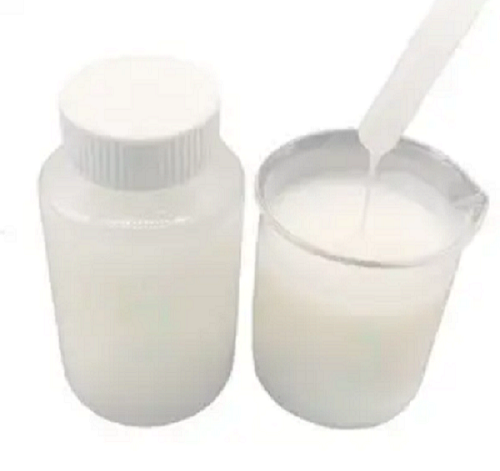
Industry-specific attributes:
| Name | Polyacrylamide P3 Emulsion | |||
| Application | Anionic emulsion for wastewater treatment | |||
| CAS NO. | 9003/5/8 | |||
Other Attributes:
| Appearance | Milky,White Viscous Emulsion | |||
| Activity Content | 40% | |||
| Molecular Weight10*6 | 15~18 | |||
| Specific Granvity(25℃) | 1.0 | |||
| Insoluble Substance(%) | 0.1 | |||
| PH Value | 6.5~7.5 | |||
| Dissolving Time,min | <30 | |||
| Anionic charge(%) | 30 | |||
| Storage Temperature,℃ | 0~35 | |||
| Shelf Life,month | 12 | |||
Supply Ability:
| Supply Ability | 2000Metric Tons per Month | |||
Lead Time:
| Quantity(kilograms) | 1~50 | >50 | |
| Lead Time(days) | 7 | negotiated | |

